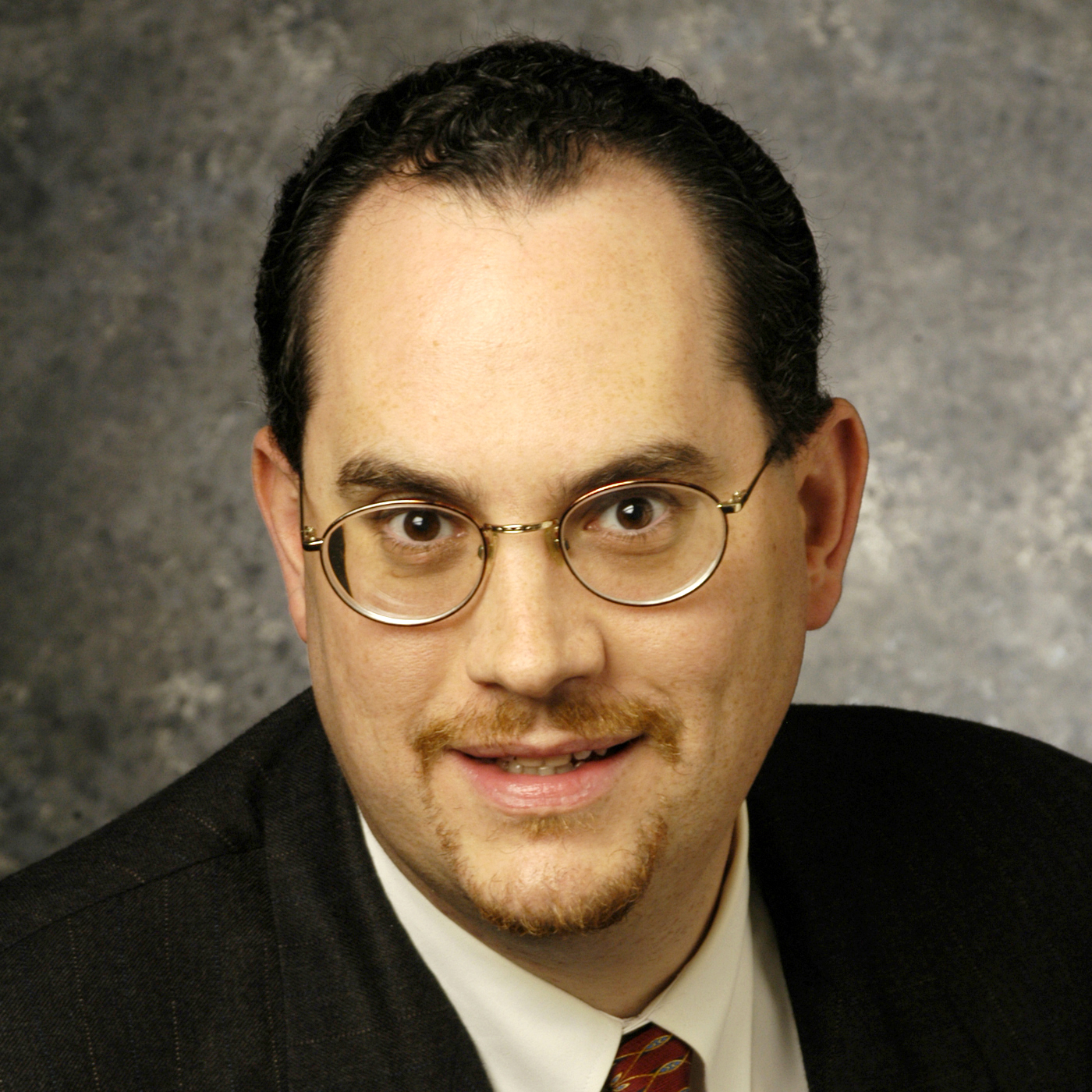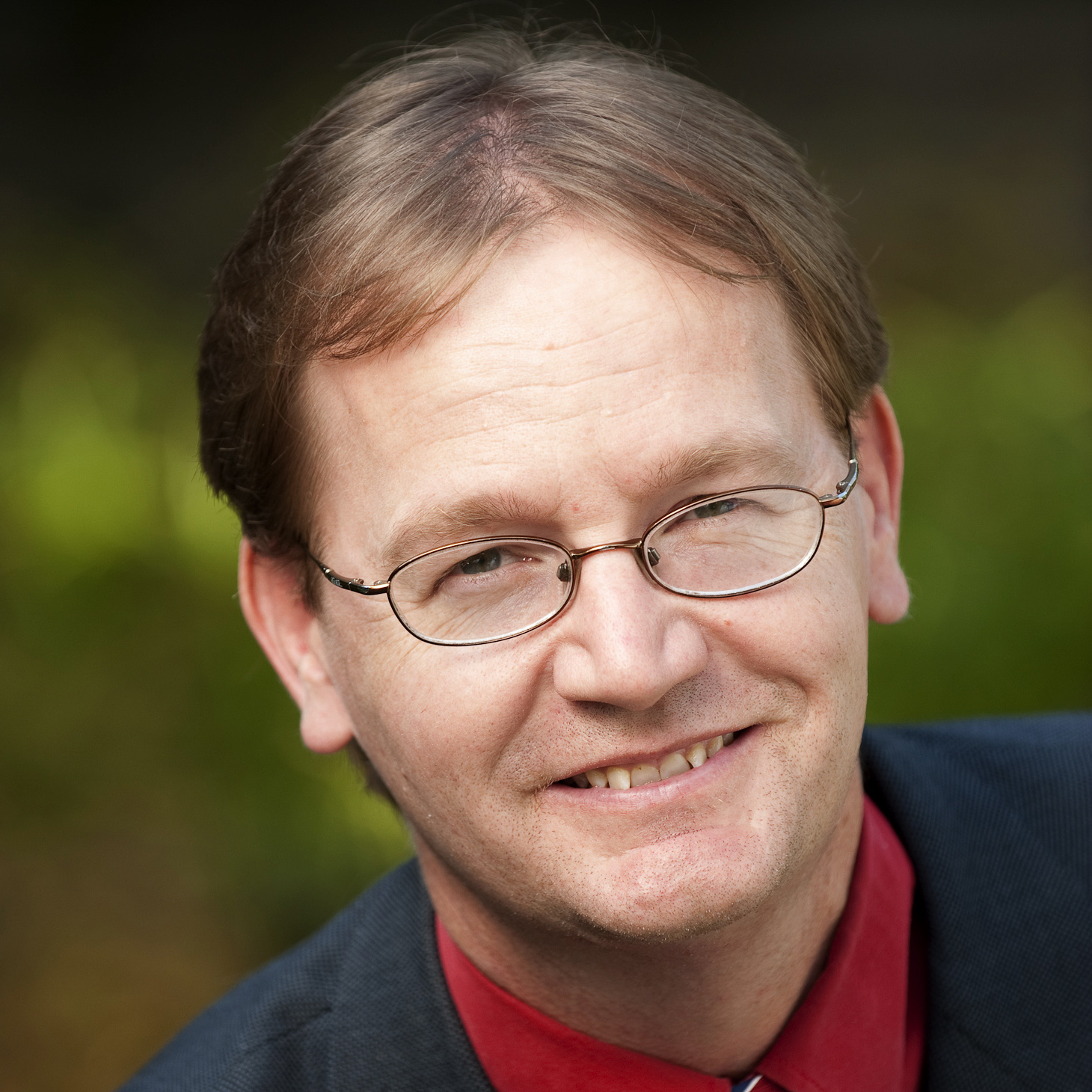GOP rivals prepare for potential contested convention
SMU experts are available for interview on all things connected to the current state of the Democratic and Republican presidential nomination races.
DALLAS (SMU) – SMU experts are available for interview on all things connected to the current state of the Democratic and Republican presidential nomination races.
| Cruz Corners Texas Delegate Market As Convention Fight Looms | |
|
Though no states are holding primaries or caucuses this week, there are delegates up for grabs. If no candidate wins the first ballot of this summer’s Republican National Convention, previously pledged delegates will be free to support any candidates they please. Donald Trump, Ted Cruz and John Kasich want to make sure those delegates join their camps in the event of a contested convention. “It doesn't surprise me that candidates are trying to work the convention nomination system any way they can,” Wilson says. “It seems likely that for the first time in decades no one will go in with a majority (of delegates), so rules and procedures that haven't mattered in quite some time suddenly become important.” It sets up for the kind of fight some candidates are better prepared for than others. “Trump will be systematically disadvantaged in this process,” Wilson says. “(This is) partly because he's not much of a ‘detail guy’ and partly because the party may actually change some rules before the convention to disadvantage him, but it’s mostly because the kinds of long-time loyalists who tend to get selected as delegates are not the sorts of people who have tended to favor Trump in the primaries.” In the case of Texas’ delegates, the system in place strongly favors Ted Cruz, who will claim 104 of the state’s 155 delegates on the first ballot, but potentially many more after that. “The Texas delegates will be selected at the state GOP convention in May,” Wilson says. “This almost certainly favors Cruz, because he has many more supporters in the state party than Trump does. It is likely that a lot of Texas’ Trump delegates will actually be Cruz supporters who will be bound to support Trump on the first ballot, but will likely bolt to Cruz at the first opportunity thereafter.” Wilson is an SMU associate professor of political science. He can discuss:
|
|
| Republicans Hoping For Contested Convention Playing With Fire | |
|
As Donald Trump steamrolls toward a plurality of convention delegates, his rivals are gearing up for a convention floor fight they hope will swing their way. It could lead the kind of multi-ballot contested convention neither party has seen in decades, but it could also lead to far more chaos than its supporters may realize, warns Martin. “The average Joe voter doesn’t understand what the elite Republican rule maker is doing, so when he finds out something doesn’t feel Democratic, that’s something he’ll take very seriously,” Martin says. “Trump has a strong populist movement behind him and populism works through grass-roots energy, so you have to imagine there would be consequences for a contested convention. You have local delegates and GOP voters asking the party to allow guns at the convention. There’s just more powder being poured in the keg all the time.” Martin doesn’t think a contested convention would turn out the way Trump’s rivals hope. The power of social media and the likely identification of delegates who change their votes on secondary ballots will make such a switch incredibly daunting. “Do I think these delegates will be loyal to Trump? Yes, I think they will be,” Martin says. “Delegates are different from voters, but the question is the systemic pressure.” Martin is an SMU assistant professor of Communication Studies in the Meadows School of the Arts. She can discuss:
|
|
| Town Hall Favors Kasich, Could Pick At Cruz ‘Affairs’ Questions | |
|
When Trump pulled out of last week’s scheduled Republican debate, it likely marked the end of a dizzying slate of GOP debates that began last fall. But it doesn’t mark the end of Republican presidential hopefuls speaking directly to the American people on a national stage. Tonight, CNN will host Cruz, Kasich and Trump for a Milwaukee town hall that might be no less contentious than the fiery debates. “It is a high risk for candidates because they can easily be seen as insensitive or failing to answer a question when in fact the question is beyond the power, scope or relevance of an American president,” Voth says. “The format of town halls blunts the ability of candidates to directly engage or attack each other, but it does create a difficult interpersonal format where the candidates must inherently pander to what the chosen audience member is asking.” It’s a format some candidates have more practice with than others. “Kasich has probably done more town halls than any other candidate - doing more than 80 in the span of one month in New Hampshire alone,” Voth says. “Practice does make perfect and Kasich is likely to excel at this event. These are different than rallies because a variety of viewpoints are likely to be present— including doubters and skeptics. All candidates have some experience with town hall formats.” The candidate who might face the stiffest challenge is the one who most-excelled on the debate stage: Cruz. “A large shadow hangs over this week’s event because of the mud slinging against Cruz regarding possible affairs,” Voth says. “Whether that topic comes up will be of high interest to the media and some of the public.” Voth is SMU’s director of debate and an associate professor of corporate communications and public affairs. He can discuss:
|
|
###
SMU is a nationally ranked private university in Dallas founded 100 years ago. Today, SMU enrolls approximately 11,000 students who benefit from the academic opportunities and international reach of seven degree-granting schools.
21699-nr-3/29/16-kr
 MATTHEW WILSON:
MATTHEW WILSON: STEPHANIE MARTIN:
STEPHANIE MARTIN: BEN VOTH:
BEN VOTH: